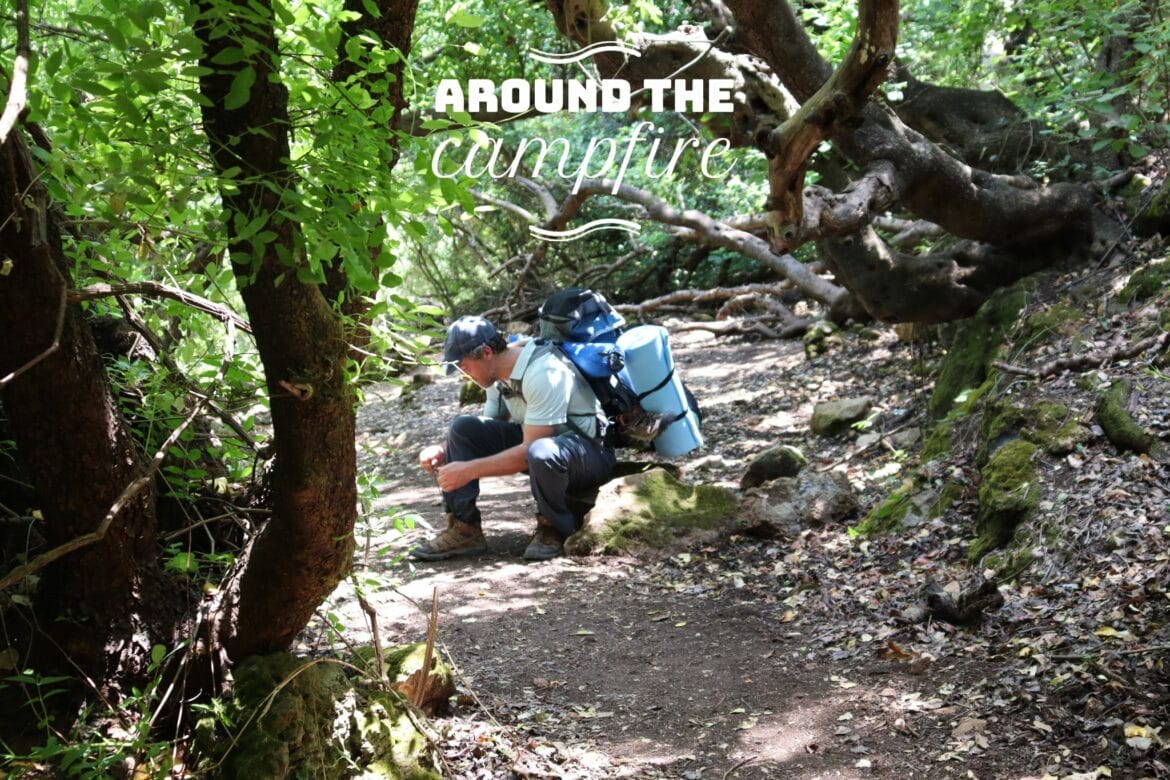
As a child, I loved lie on the grass and stare up at the sky. For an eight year old with nothing better to do, this was a perfectly acceptable pastime. I treasured bright, cheery days when the skies filled with cumulous clouds. These popcorn shapes were easy to transform in my imagination: into great bears, airplanes, and mermaids.
As a teenager, my fascination became the night sky. I loved the freedom of being out at night. That coupled with the most massive display of nature visible with the naked eye was thrilling. I didn’t know the names of the constellations. But that didn’t stop me from lying back and staring out into the universe, the stars of Orion’s belt serving as my anchor.
We’ve all experienced contemplative moments in nature. It may have been while staring at a fire and falling into a meditative trance. Or perhaps it was watching the waves come in at the beach and losing track of time. Maybe you were listening to the rustle of leaves in a tall forest, as focused on their melody and movement as if you were watching a ballet.
These moments in the wild bring us happiness and deep contentment. So why don’t we make more time for these experiences in our adult lives?
In our modern-day world, we live a starkly different existence from man throughout the ages. Time to contemplate nature is hard to come by. Most of us spend 90 percent of our lives indoors. We breathe recirculated air, walk on perfectly flat surfaces (usually, with shoes on), and sit on furniture constructed to hold our bodies comfortably. While this may be comfortable, it is not necessarily good for us. Human beings, like other creatures, were designed to interact with the natural world.
We all have a wild side.
Our senses are finely tuned to notice the details of the terrain around us. We perceive an array of colors, useful for identifying flowers, plants, and berries. We can tune in to hear changes in the weather, approaching animals, and the crackle of fire.
Being in nature offers complete immersion for our senses. With this, our minds are free to focus in a way that we may find challenging indoors. If you’ve ever tried to meditate (usually done indoors in a seated position), you know it’s not easy. After struggling to stay focused on countless tasks every day, tuning in to your breathing may feel like one more impossible challenge.
Not so when you’re outdoors. It’s easy to become captivated by a bonfire; in fact, it feels natural. By letting our senses run wild, nature can draw us into an internal peace that we just can’t access elsewhere.
So how do we experience more moments like these in our modern-day existence? To do this, we must intentionally re-wild our lives. Hiking, camping, and other escapes into nature all help. But perhaps, the best solution is to simply step outdoors. For 10 minutes a day, get out into a park, a garden, or a forest (if you’re lucky) and lose yourself in the sights and sounds around you. Allow yourself to spend time noticing the bird calls and the way the plants sway in the breeze.
This time is valuable; it’s time well spent. Over the course of a lifetime, you’ll find that the benefits you experience from letting the wild into your life are worth making time for.







